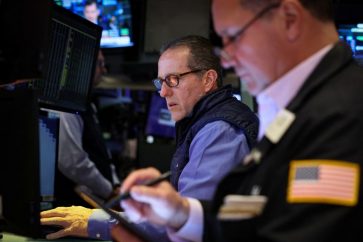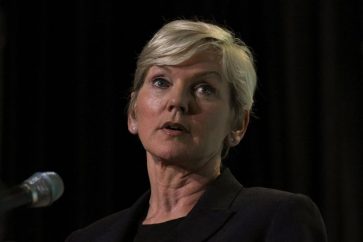On Monday, gold prices surpassed $2,000 for the first time in 11 months as the collapse of Credit Suisse (SIX:CSGN) fueled concerns about broader financial instability and prompted investors to seek safe-haven investments.
As of 6:00 ET (10:00 GMT), gold futures in Europe were up 0.7% on the day and had risen as high as $2,014.90 per ounce before backtracking.
After three mid-sized U.S. banks collapsed over the past three weeks, followed by Credit Suisse, a bank designated by regulators as a Global Systemically Important Bank, haven assets like bullion have performed well (G-SIB). The biggest bank to fail in the past ten years was by far Credit Suisse.
A rising number of investors are now convinced that central banks must stop raising interest rates because of the rise in financial stability since doing so could lead to a crisis affecting the whole financial sector. Bond yields have decreased significantly as a result, which has increased the relative attractiveness of gold, which doesn’t pay interest.
Two-year bond yields, frequently influenced by expectations for interest rates, continued declining sharply during European morning trading. The benchmark 2-year Treasury note had fallen 9 basis points to 3.76% at 5:00 ET. It’s already declined 1.3 percent in the last two weeks. However, the yield on a 2-year German note in Europe was down 20 basis points at 2.24%. Since worries about banks in the U.S. and Europe started to get attention, it has dropped 1.2 percent.
According to ANZ analysts, gold prices should be able to maintain their current level until the end of the year as a slowing global economy and declining interest rates together boost investors’ desire for safe-haven assets.
But, in the near future, they warn that “recalibration of market expectations surrounding the Fed Funds rate might keep gold prices unpredictable.” Despite the possibility of a decline to $1,800/oz, they stated that “any declines below this should be brief, as opportunistic purchasing would certainly occur.”




 By:
By:





